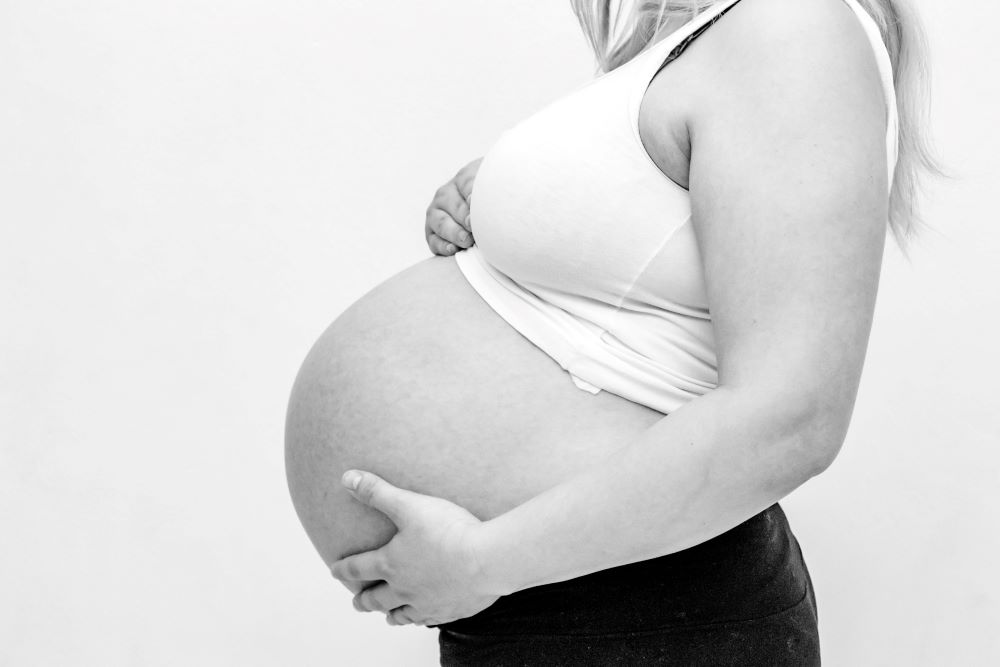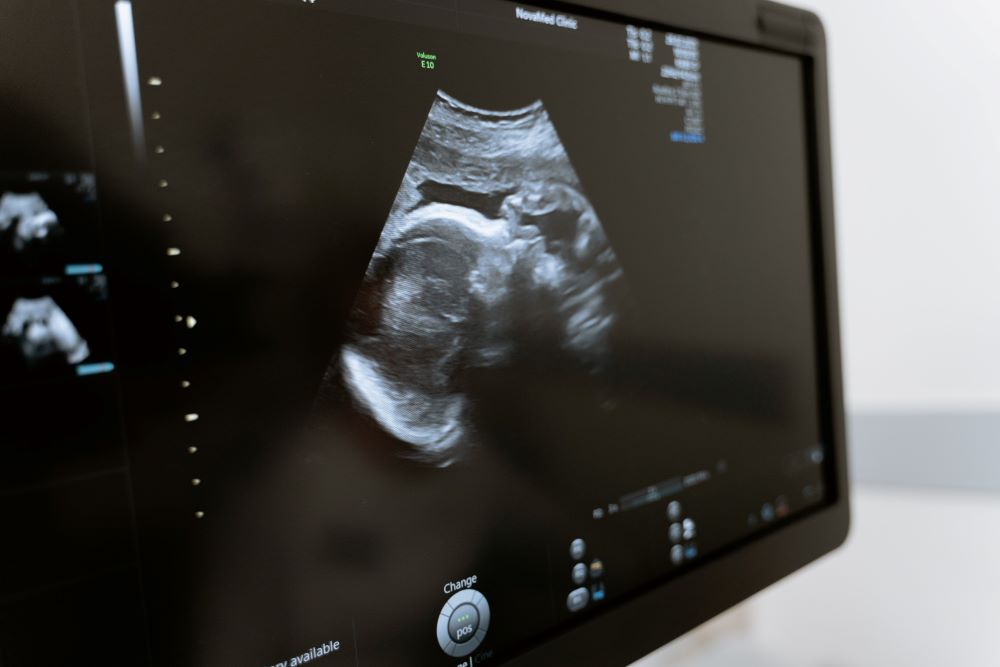Pregnancy complications can trigger mental health issues for soon-to-be moms.
Pregnancy is a complicated time for a mother-to-be and her partner. While there is tremendous excitement over the potential of welcoming a new member to the family, there are also many hurdles to clear along the way and plenty to worry about at the same time. Mental health issues are relatively common for women during this time of life, and it seems that those concerns become even greater when a high-risk pregnancy occurs.
A high-risk pregnancy is any pregnancy that is flagged as potentially troublesome for a variety of reasons. It could be something with the overall health of the mother that causes it to be considered high-risk, or it could have to do with something that is seen early on in the monitoring of the growth of the baby. Whatever the case, high-risk pregnancies always come along with extra attention from the medical team to make sure both mother and baby are given the best possible chance of good health in the end. Typically, OBGYNs will require additional appointments and monitoring to ensure everything stay on track.
For a woman going through such a challenging time – facing an uncertain future with the baby she is carrying – it is not surprising at all that mental health problems would be more likely to pop up. After all, most people would struggle to keep their mental health in a good space when they are dealing with something that has the potential to shift their life in such a dramatic way.

The difference between mental health concerns for those who have a standard pregnancy compared to a high-risk pregnancy is rather dramatic. In a typical pregnancy, only around 15% or so of women wind up with mood disorder issues, making things more difficult. However, in the case of a pregnancy with complications, that percentage jumps all the way up to 20% or higher. It’s a notable change and it highlights the importance of making mental health resources available to women in this situation.
Sadly, there aren’t many facilities across the country that have mental health help for pregnant women who need it built into the care they offer patients. That means many soon-to-be mothers are forced to struggle in silence, without the necessary support to make things more manageable. Preparing to bring a baby into this world takes a lot of planning and can be stressful all on its own, even without these complications.
The behavioral health team specializing in infant and perinatal health at Dell Children’s Medical Center is one of the exceptions. For mothers who are struggling with high-risk pregnancies, the team consists of experts including a psychologist, psychiatrist, and counselor.
“There’s only about two other centers in the country that have this embedded mental health team,” said perinatal health specialist Delaney Herman. “We are the only embedded team in the country that has a perinatal psychiatrist in the fetal center in the NICU.”
Herman and others hope this will change in the near future as mental health continues to be destigmatized and more resources become available, in general. Women who are going through pregnancy – especially when it is a high-risk pregnancy, should have access to mental health resources that can help them cope of life. Hopefully more healthcare facilities will take a proactive approach to delivering the care that is badly needed.
Sources:
Mothers with high-risk pregnancies more likely to face mental health concerns, specialist says
Narrative Therapy in Maternal Mental Health Care
UMass Chan researchers to lead $21M maternal mental health equity study


Join the conversation!